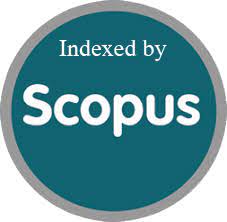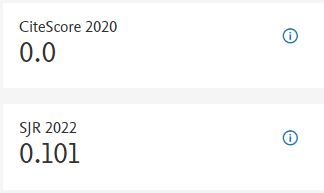Evaluating the Impact of Accounting Information Systems on Organizational Effectiveness in Nepal
DOI:
https://doi.org/10.7492/1xvczn34Abstract
Focussing on both public and private sector companies, this paper looks at how Accounting Information Systems (AIS) affect organisational effectiveness in Nepal. The main goals were to evaluate AIS acceptance degree, investigate its correlation with organisational performance, spot implementation difficulties, and suggest ways to enhance AIS methods. Using a standardised questionnaire, a quantitative research project was conducted gathering primary data from 200 respondents from different companies. Sectoral representation was guaranteed using stratified random sample. SPSS was used for data analysis employing descriptive statistics, correlation analysis, regression, t-tests, and exploratory factor analysis. Particularly in private companies, the results showed a strong degree of AIS adoption that benefits financial efficiency, decision-making, and openness. Regression and correlation studies verified a noteworthy link between AIS use and better organisational results. Among the main difficulties found by factor analysis were lack of technical knowledge, poor infrastructure, and change opposition. Moreover, t-tests underlined clear variations in AIS efficacy between public and private sectors. The results highlight the strategic requirement of AIS in improving organisational performance as well as the need of focused interventions in public institutions. This study offers a useful structure for companies and legislators trying to increase general efficiency in the Nepalese situation and enhance AIS application.

















